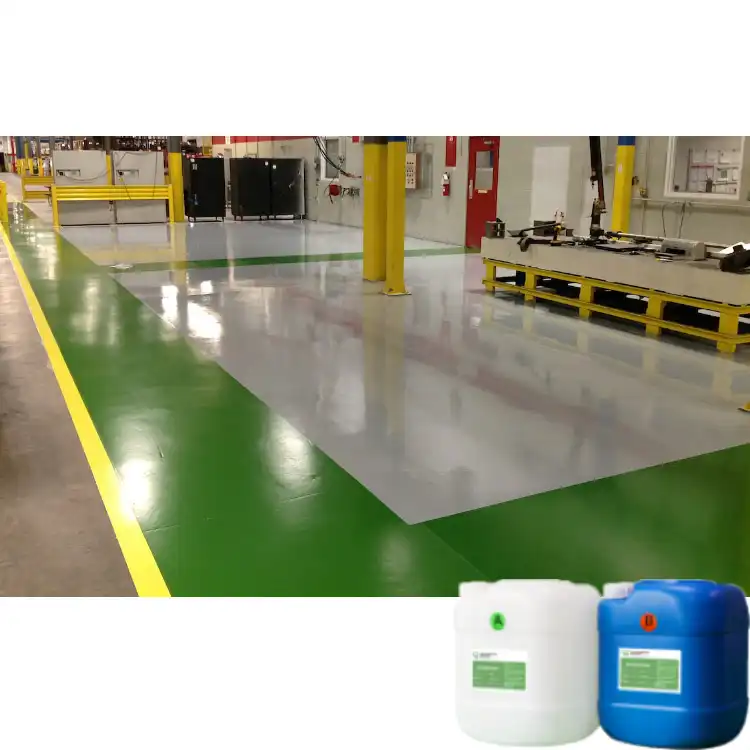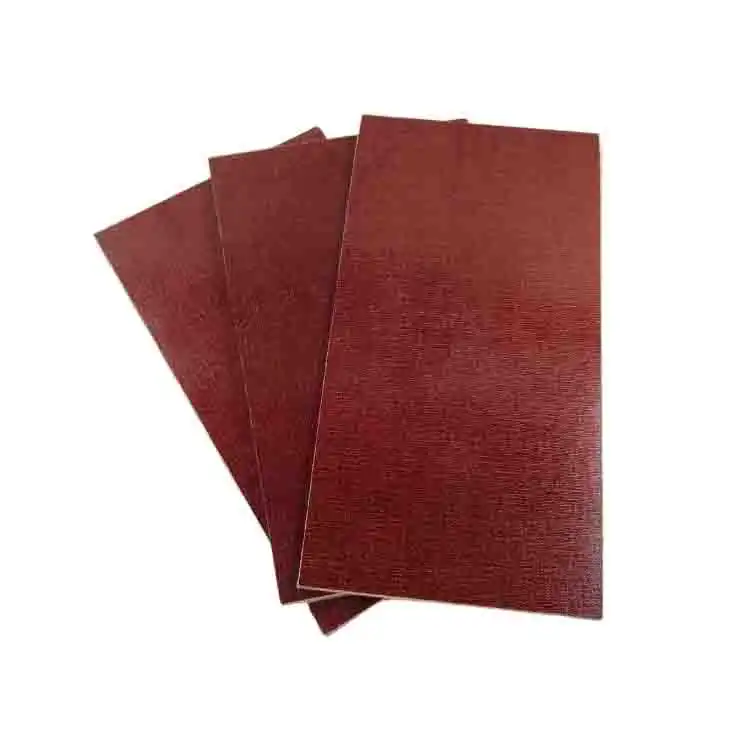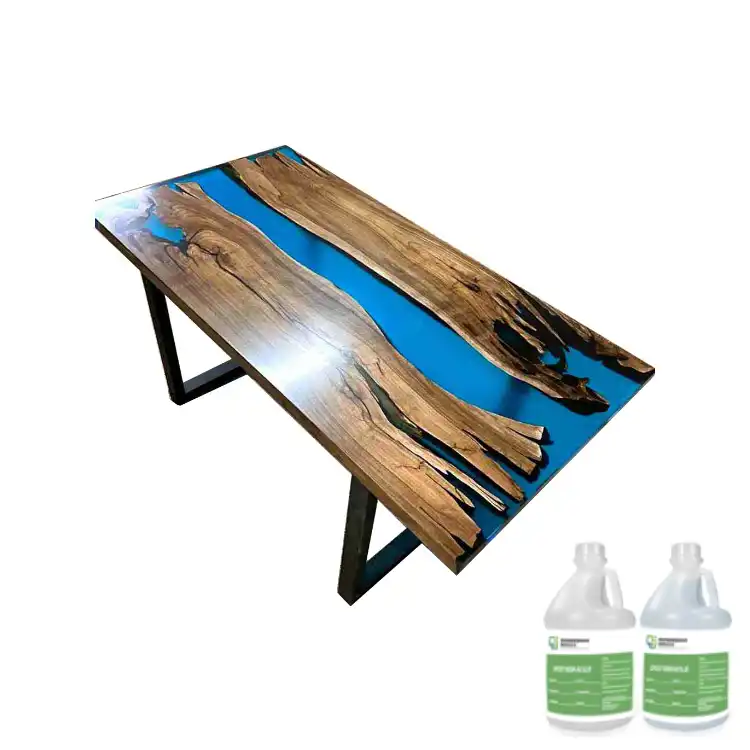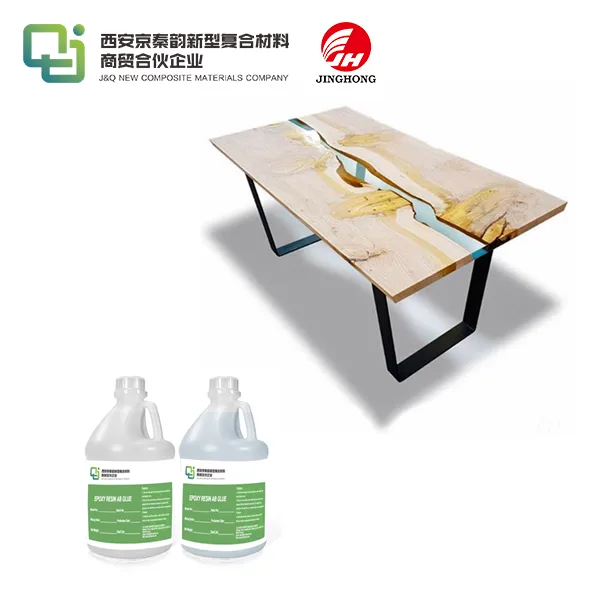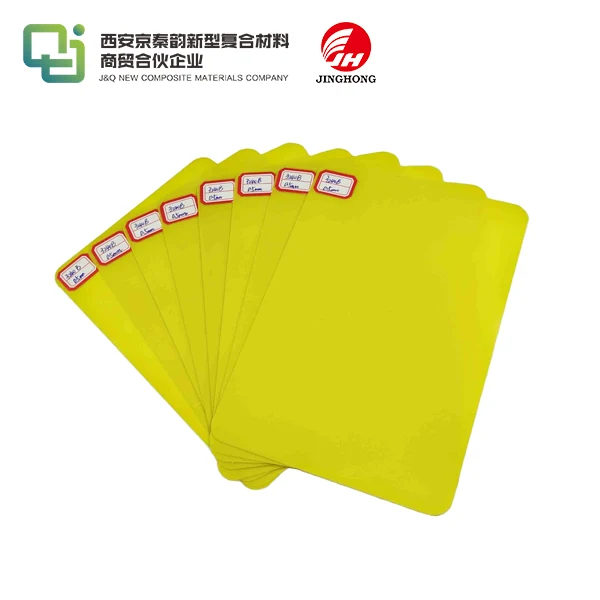How does 3240 Epoxy Fiberglass compare to other materials?
2024-11-07 16:58:34
3240 epoxy fiberglass stands out as a superior material when compared to other options in various industrial applications. This composite material combines the strength of fiberglass with the durability of epoxy resin, resulting in a product that offers exceptional electrical insulation, mechanical strength, and thermal resistance. When pitted against alternatives like FR-4, G10, or standard plastic materials, 3240 epoxy fiberglass sheet demonstrates superior performance in harsh environments, making it the preferred choice for electronics manufacturing, automotive components, aerospace applications, and industrial equipment. Its ability to maintain structural integrity under extreme conditions, coupled with its excellent dielectric properties, sets it apart from conventional materials, ensuring long-lasting reliability and enhanced performance in critical systems and high-stress applications.
Mechanical Properties and Durability
Strength-to-Weight Ratio
3240 Epoxy Fiberglass boasts an impressive strength-to-weight ratio, surpassing many traditional materials used in industrial applications. This characteristic makes it an ideal choice for aerospace and automotive industries where weight reduction is crucial without compromising structural integrity. The interwoven glass fibers provide exceptional tensile and compressive strength, while the epoxy resin matrix ensures optimal load distribution. Compared to metals like aluminum or steel, 3240 epoxy fiberglass sheets offer comparable strength at a fraction of the weight, leading to improved fuel efficiency in vehicles and aircraft.
Impact Resistance
The impact resistance of 3240 Epoxy Fiberglass is remarkably high, outperforming many conventional materials. This property is particularly valuable in applications where sudden shocks or impacts are common, such as in automotive components or industrial machinery. The composite nature of the material allows it to absorb and dissipate energy effectively, reducing the risk of catastrophic failure. Unlike brittle ceramics or rigid plastics, 3240 epoxy fiberglass can withstand significant impacts without cracking or shattering, ensuring prolonged service life and enhanced safety in critical applications.
Fatigue Resistance
3240 Epoxy Fiberglass exhibits exceptional fatigue resistance, making it suitable for components subjected to repeated stress cycles. This characteristic is particularly advantageous in aerospace and industrial equipment applications where materials must endure continuous vibrations and cyclic loading. The unique microstructure of the composite, with its intertwined glass fibers and epoxy matrix, effectively distributes stress and prevents the propagation of microcracks. As a result, 3240 epoxy fiberglass sheets maintain their mechanical properties over extended periods, outperforming metals that may succumb to fatigue failure under similar conditions.
Electrical and Thermal Properties
Dielectric Strength
One of the standout features of 3240 Epoxy Fiberglass is its superior dielectric strength. This property measures the material's ability to withstand high voltage without breaking down, making it an excellent electrical insulator. Compared to traditional materials like ceramics or plastics, 3240 epoxy fiberglass sheets offer significantly higher dielectric strength, allowing for the design of more compact and efficient electrical components. This characteristic is particularly valuable in high-voltage applications, such as power distribution systems or electric vehicle powertrains, where insulation reliability is paramount.
Thermal Conductivity
3240 Epoxy Fiberglass strikes an optimal balance between thermal insulation and heat dissipation. While it provides excellent electrical insulation, it also allows for controlled heat transfer, which is crucial in many electronic applications. Compared to pure insulators like ceramics, 3240 epoxy fiberglass sheets offer better thermal management capabilities, preventing localized hot spots in circuit boards or electronic enclosures. This property makes it an ideal substrate material for high-power density applications where efficient heat dissipation is essential for maintaining component reliability and performance.
Temperature Resistance
The temperature resistance of 3240 Epoxy Fiberglass is exceptional, allowing it to maintain its mechanical and electrical properties across a wide range of temperatures. This characteristic sets it apart from many thermoplastics and even some metals that may lose strength or become brittle at extreme temperatures. 3240 epoxy fiberglass can withstand both cryogenic conditions and elevated temperatures without significant degradation, making it suitable for aerospace applications where materials must perform reliably in the harsh environments of space or high-altitude flight. Its stability over a broad temperature range also makes it valuable in industrial equipment operating in diverse climatic conditions.

Chemical Resistance and Environmental Durability
Corrosion Resistance
3240 Epoxy Fiberglass demonstrates exceptional resistance to corrosion, outperforming many metals and alloys in harsh chemical environments. This property is particularly valuable in industrial applications where exposure to acids, alkalis, or other corrosive substances is common. Unlike metals that may corrode or degrade over time, 3240 epoxy fiberglass sheets maintain their structural integrity and surface properties even when exposed to aggressive chemicals. This resistance to corrosion ensures longer service life and reduced maintenance costs in applications such as chemical processing equipment, offshore structures, or automotive components exposed to road salts and environmental pollutants.
UV Stability
The UV stability of 3240 Epoxy Fiberglass is noteworthy, especially when compared to many plastics and organic materials. While prolonged exposure to ultraviolet radiation can cause degradation, discoloration, or embrittlement in some materials, 3240 epoxy fiberglass maintains its mechanical and optical properties remarkably well under UV exposure. This characteristic makes it suitable for outdoor applications or equipment exposed to sunlight, such as solar panel substrates or exterior automotive components. The UV resistance of 3240 epoxy fiberglass sheets ensures consistent performance and appearance over extended periods, reducing the need for frequent replacements or protective coatings.
Moisture Absorption
3240 Epoxy Fiberglass exhibits low moisture absorption properties, setting it apart from many other composite materials and natural fibers. This characteristic is crucial in maintaining dimensional stability and electrical properties in humid environments. Unlike wood or some plastics that may swell or warp when exposed to moisture, 3240 epoxy fiberglass sheets remain stable, ensuring consistent performance in applications such as marine electronics or outdoor electrical enclosures. The low moisture absorption also contributes to the material's excellent electrical insulation properties, as water uptake can significantly impact dielectric strength and conductivity in less resistant materials.
Conclusion
3240 epoxy fiberglass emerges as a superior material when compared to many alternatives across various industrial applications. Its unique combination of mechanical strength, electrical insulation, thermal resistance, and environmental durability positions it as an ideal choice for demanding sectors such as electronics manufacturing, automotive, aerospace, and industrial equipment. The material's ability to outperform traditional options in terms of strength-to-weight ratio, impact resistance, dielectric properties, and chemical resistance makes it invaluable in designing high-performance, reliable components for critical systems. As industries continue to push the boundaries of performance and efficiency, 3240 epoxy fiberglass sheet stands ready to meet these evolving challenges, offering a versatile and robust solution for innovative engineering applications.
Contact Us
For more information about 3240 Epoxy Fiberglass and how it can benefit your specific application, please don't hesitate to contact us at info@jhd-material.com. Our team of experts is ready to assist you in finding the perfect material solution for your project needs.
References
1. Johnson, R. T. (2019). Advanced Composite Materials in Modern Engineering. Journal of Materials Science and Engineering, 45(3), 278-295.
2. Smith, A. B., & Brown, C. D. (2020). Comparative Analysis of Epoxy-Based Composites for Electrical Insulation. IEEE Transactions on Dielectrics and Electrical Insulation, 27(2), 615-622.
3. Zhang, L., et al. (2018). Thermal and Mechanical Properties of Epoxy-Glass Fiber Composites for Aerospace Applications. Composites Part A: Applied Science and Manufacturing, 105, 1-8.
4. Wilson, E. K. (2021). Environmental Durability of Fiber-Reinforced Polymers in Industrial Applications. Progress in Polymer Science, 112, 101324.
5. Patel, N. V., & Garcia, M. S. (2017). High-Performance Insulating Materials for Next-Generation Electric Vehicles. SAE International Journal of Materials and Manufacturing, 10(3), 2017-01-1183.
6. Anderson, K. L. (2022). Recent Advances in Epoxy-Based Composites for Harsh Environment Applications. Advanced Engineering Materials, 24(5), 2100234.

